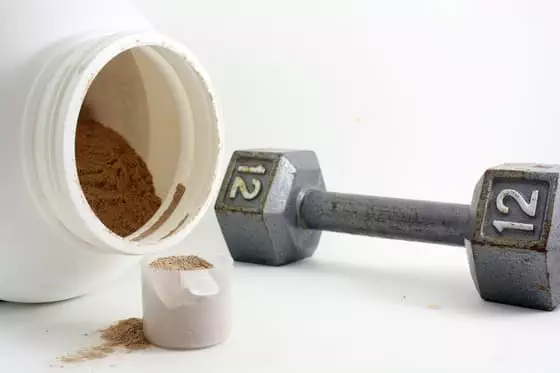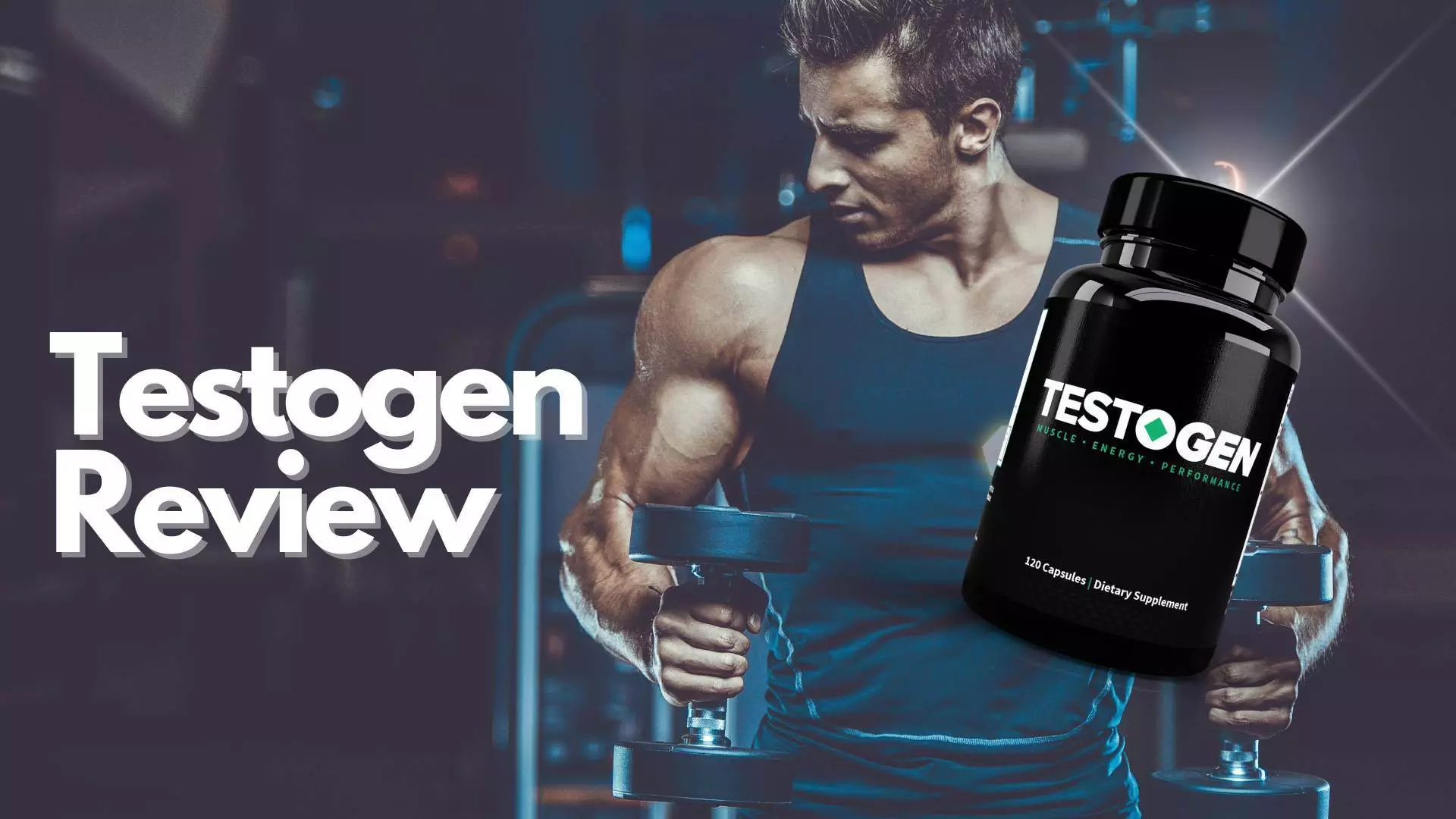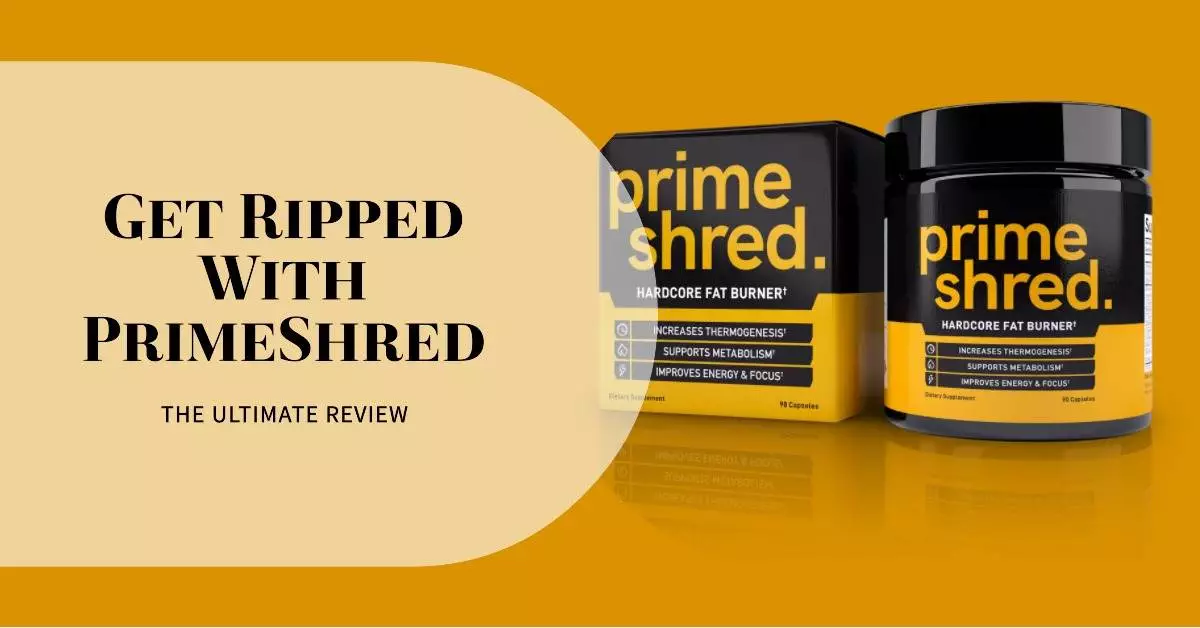If you’re involved in any fitness training, then I’d imagine at some point you have either purchased or considered buying a protein powder to supplement your daily intake of protein.
While we can generally get all the protein we need from whole foods, high-intensity workouts such as weight training call for higher protein levels to be ingested for building muscle.
Whey protein powder is by far the most popular protein supplement on the market – with various versions such as whey protein isolates and concentrates available in just about every flavor you can think of.
However, because the main ingredients in whey are egg whites and milk, this protein type is not an option for vegans who are on a plant-based diet, and those who are lactose intolerant should obviously avoid it.
Luckily, plant-based protein powders are a superb alternative to anyone on a plant-based diet or who wishes to avoid whey due to its common side effects such as bloating.
Continue reading as we delve into what makes vegan protein powder a viable alternative to whey.
Whey or Plant-Based?
If you’re a vegan or lactose intolerant, then you really only have one option. But it’s not only those who suffer from allergies or whose dietary choices mean they opt for vegan protein over whey.
More and more people are choosing vegan powders due to the many other health benefits associated with them.
Not only is it a great source of protein, but it is also full of other nutrients, which is something whey protein very much lacks.
These plant-based protein powders provide all the protein you need to support muscle gain with the added benefit of packing extra nutritional goodness.
Because whey derives from milk, 65% of us who suffer from lactose intolerance to some degree might find it difficult to digest.
Digestion problems are rarely ever experienced from swallowing vegan protein powders due to the fibers and enzymes they contain, which actively aid digestion. Just be sure to avoid powders containing artificial sweeteners, which can cause problems in themselves.
On the whole, most people can tolerate plants, so you can steer clear of any problems associated with the gut by choosing a high-quality vegan protein powder. You’ll also be avoiding harmful additives.
The Drawbacks to Vegan Protein Powders
Generally, plant-based protein sources don’t contain all the nine essential amino acids needed to be considered a complete protein.
On the other hand, whey protein powder does, and there’s no doubt it’s effective at building muscle, but many people believe that is where the benefits of whey end.
Although they may not always be considered a complete protein in their own right, when two plant protein sources join forces such as brown rice and beans to provide all nine amino acids, they then, just like whey, become a complete protein.
It’s not to say there aren’t any plant sources that provide complete proteins; pea protein, soy, and hemp are three such sources of complete protein.
Build Muscle. Lose Weight
Known as one of the building blocks of bone, muscle, and skin, protein is needed to produce enzymes, hormones, and other chemicals.
By introducing a vegan protein powder to your daily routine, you’re able to achieve so much more.
You can build muscle, lose weight, and speed up recovery after a training session just as much as you would with whey, if not more.
Like whey protein, vegan protein powders speed up metabolism and give you that feeling of being full, which is great for supporting weight loss.
Types of Vegan Protein Powder
As previously mentioned, pea, soy, and hemp are three types of complete protein. Quinoa, hemp, chia, and sunflower are others.
The one stand-out plant-based protein, though, is brown rice – all thanks to its multitude of health benefits and its ability to build muscle and support weight loss.
Wholly vegetarian and vegan, brown rice protein powder is suitable for anyone on or considering a plant-based diet.
The significant increase in demand for brown rice protein is down to its hypoallergenic qualities. It contains none of the allergies typically found in whey and soy protein powders.
Anyone who suffers from bloating, gas, or any other digestive discomfort from using their current protein powder would do well to switch to brown rice as its high bioavailability, and absorptivity qualities make it easily digestible.
And due to brown rice being a type of protein that contains all nine essential amino acids, those using a brown rice protein powder will enjoy fast muscle recovery to ensure they get the maximum out of their workouts.
Protein powders such as brown rice are also ideal for weight loss as they speed up metabolism and decrease food intake. It also has a thermic effect, which means it produces heat in the body through the process of digestion.
Finally, brown rice is a truly effective way of ensuring the body gets enough protein to support protein synthesis and build muscle.
Conclusion
Whey protein supports muscle growth. It speeds up recovery in muscles, and it supports weight loss. Sounds good, right?
But at what cost? Well, bloating, allergic reactions, digestive problems, and other side effects which make whey protein a no-go for millions across the globe.
Luckily, it doesn’t have to be this way, as there’s an alternative – vegan protein powder, which can give you all the same benefits as whey with the bonus of all the nutritional goodness that whey doesn’t have.
So, whether you’re a vegan or not, you clearly don’t have a lot to lose by giving vegan protein powder a try!





Leave a Reply